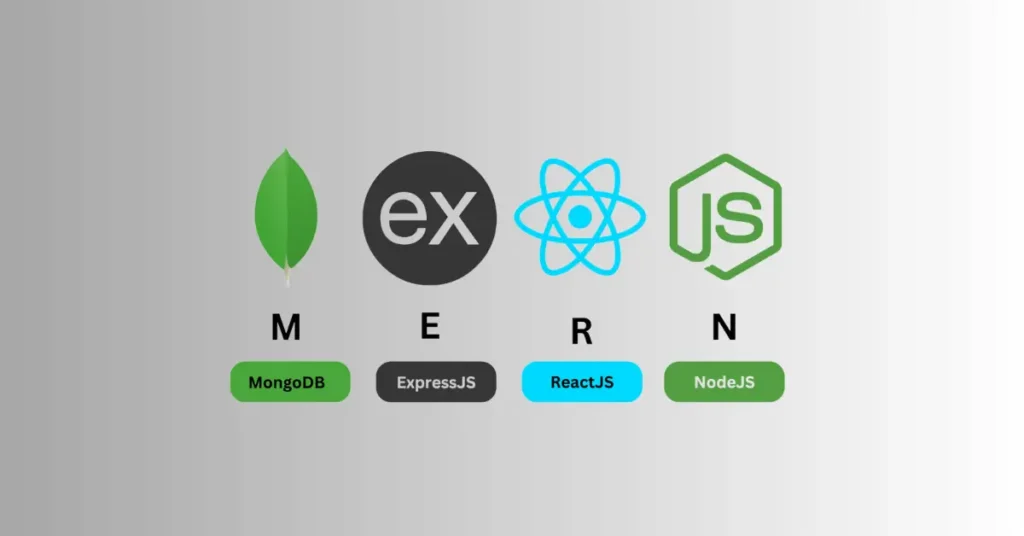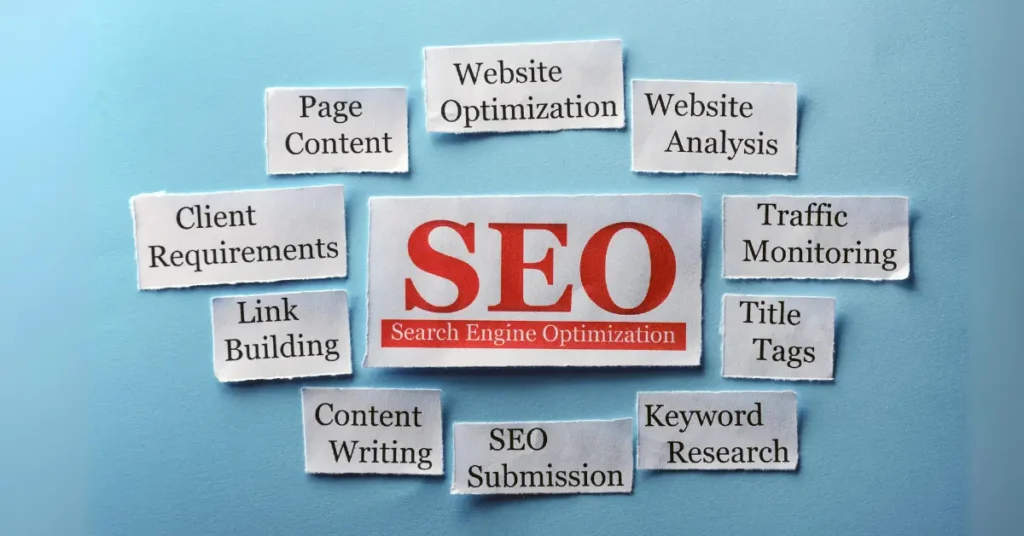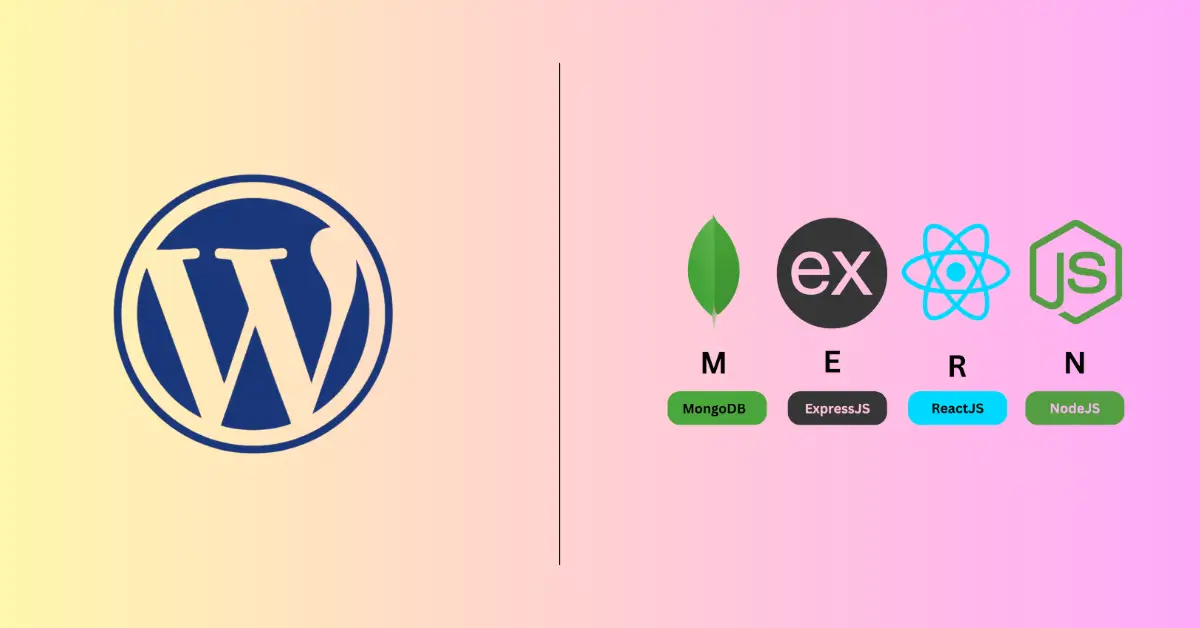Introduction
Choosing the right technology stack is critical when building a website or application.
Among popular options are WordPress and the MERN stack, two powerful solutions that suit various types of projects but have distinct advantages and disadvantages.
WordPress is a widely-used content management system (CMS), while the MERN stack is a collection of JavaScript-based technologies designed for building dynamic web applications.
This guide explores both to help you make an informed decision on which is the best choice for your next project.
Understanding WordPress
What is WordPress?
WordPress is a versatile, open-source content management system that powers over 40% of all websites globally.

Originally designed as a blogging platform, WordPress has evolved into a full-fledged CMS capable of supporting everything from simple blogs to complex e-commerce sites.
WordPress’s popularity is largely due to its ease of use, extensive library of plugins, and flexible theme options.
Key Features of WordPress
- User-Friendly Interface: WordPress is known for its intuitive, easy-to-navigate dashboard, which simplifies content management, even for beginners.
- Extensive Plugin Ecosystem: With thousands of plugins, WordPress allows you to extend functionality easily, adding e-commerce, SEO tools, forms, and more.
- Customization with Themes: WordPress offers a vast collection of free and premium themes, making it easy to create visually appealing websites.
- SEO-Friendly: WordPress is SEO-optimized out of the box, with plugins like Yoast SEO helping further optimize on-page elements.
- Community Support: WordPress has a massive user community, providing ample support and resources for troubleshooting and customization.
The MERN Stack Overview
Components of the MERN Stack
The MERN stack is a JavaScript-based framework ideal for building dynamic, data-driven applications.

It consists of four primary technologies:
- MongoDB: A NoSQL database used for storing JSON-like documents.
- Express.js: A back-end web application framework for Node.js.
- React.js: A front-end JavaScript library used for building user interfaces.
- Node.js: A server-side runtime environment that executes JavaScript on the server.
Key Features of MERN Stack
- Full-Stack JavaScript Solution: Allows developers to use JavaScript for both client-side and server-side code.
- High Performance: React’s virtual DOM and asynchronous operations enhance the speed of web applications.
- Flexibility: The MERN stack is highly customizable and can be tailored to meet specific application needs.
- Scalability: Suitable for large-scale applications with complex requirements, such as social media platforms, dashboards, and e-commerce sites.
- Open Source: All MERN components are open-source, making it accessible to developers and supported by a large community.
Comparison of WordPress and MERN Stack

Ease of Use
WordPress: WordPress is generally easier to use, especially for non-technical users.
It has a simple interface, and most tasks (such as adding content or installing plugins) require little to no coding knowledge.
MERN Stack: The MERN stack, while powerful, is geared toward developers with coding experience.
Building and maintaining a MERN-based application typically requires a strong understanding of JavaScript, making it less beginner-friendly.
Customization and Flexibility
WordPress: Offers extensive customization through plugins and themes, ideal for basic websites, blogs, and small to medium e-commerce sites.
However, customization may be limited by plugin availability and dependency on PHP.
MERN Stack: Provides total flexibility, allowing for custom-built applications tailored to specific project requirements.
It’s ideal for large-scale projects that require unique features or high levels of customization.
Performance and Speed
WordPress: Performance depends on the theme, plugins, and hosting. While optimized, WordPress sites can be slower if overloaded with plugins.
MERN Stack: Known for faster performance, especially in handling complex web applications, thanks to React’s efficient rendering and Node.js’s asynchronous capabilities.
Security
WordPress: Vulnerable to security risks due to third-party plugins and its widespread use. Regular updates and security plugins are essential.
MERN Stack: Generally considered more secure by design, as developers have control over the entire codebase, but it requires more effort to implement security best practices.
Use Cases for WordPress
WordPress is best suited for:
- Personal Blogs: Ideal for simple blogging with minimal development effort.
- Small Business Websites: Allows small businesses to showcase services without needing a complex backend.
- E-commerce: Plugins like WooCommerce transform WordPress into a powerful e-commerce platform.
- Portfolio Sites: Artists, photographers, and freelancers can easily showcase their work.
- Content-Driven Sites: News sites, magazines, and other content-heavy sites benefit from WordPress’s efficient content management.
Use Cases for MERN Stack
The MERN stack is optimal for:
- Complex Web Applications: Ideal for applications requiring custom user interactions, dashboards, or APIs.
- Social Media Platforms: Suitable for building social media platforms with real-time interactions and personalized feeds.
- Single Page Applications (SPAs): Works well for SPAs where page content changes dynamically without full reloads.
- Data-Intensive Projects: MongoDB’s NoSQL structure is great for handling large amounts of structured and unstructured data.
- Customizable E-commerce Sites: MERN enables custom solutions for large e-commerce platforms with unique features.
Pros and Cons of WordPress
Pros:
- User-friendly, especially for non-developers.
- Extensive plugins and themes for quick customization.
- Strong SEO features with plugins like Yoast.
- Large support community and documentation.
Cons:
- Plugin dependency can lead to security risks and slow performance.
- Limited scalability for highly interactive, data-heavy applications.
- Customization options may be constrained by plugins and themes.
Pros and Cons of MERN Stack
Pros:
- Full control over customization and functionality.
- High scalability, suitable for complex, dynamic applications.
- Enhanced performance with a single-page app (SPA) model.
- Uses a single programming language (JavaScript) across the stack.
Cons:
- Requires skilled developers with knowledge of JavaScript and MERN components.
- Longer development time, especially for complex projects.
- Higher initial costs due to the need for custom development.
Cost Comparison
WordPress is generally more cost-effective for simple websites due to its lower development time and availability of free themes and plugins.
However, MERN stack projects can become more costly as they require specialized developers and longer development timelines, but they offer greater long-term flexibility and scalability.
Which Option is Better for SEO?

WordPress: With SEO-focused plugins, WordPress is easy to optimize for search engines, making it ideal for content-focused sites that need strong organic visibility.
MERN Stack: SEO optimization can be more challenging but achievable. Dynamic rendering and server-side rendering techniques (SSR) with React can enhance SEO, but they require additional configuration.
Which Option to Choose?
Your choice should align with your project goals, budget, and technical capabilities.
WordPress is ideal for simple, content-driven sites where ease of use and fast deployment are priorities.
The MERN stack is best for scalable, complex applications that require customization, speed, and high levels of interactivity.
Conclusion
WordPress and MERN stack both offer unique strengths. WordPress excels in simplicity, rapid setup, and SEO-friendly capabilities, making it ideal for straightforward websites, blogs, and e-commerce.
The MERN stack, however, shines when building complex, high-performance web applications that demand flexibility and customization.
By understanding the distinctions, you can select the right platform that aligns with your project’s demands and your vision for growth.
FAQs
Switching from WordPress to the MERN stack requires a complete rebuild, so plan your platform choice carefully.
Yes, but regular security updates and plugins are necessary to mitigate risks.
WordPress is SEO-friendly out of the box, while MERN requires extra configuration to optimize for search engines.
WordPress is better suited for beginners, while MERN is more advanced and best for experienced developers.
Yes, companies like Facebook, Netflix, and Airbnb use MERN components to build dynamic web applications.





